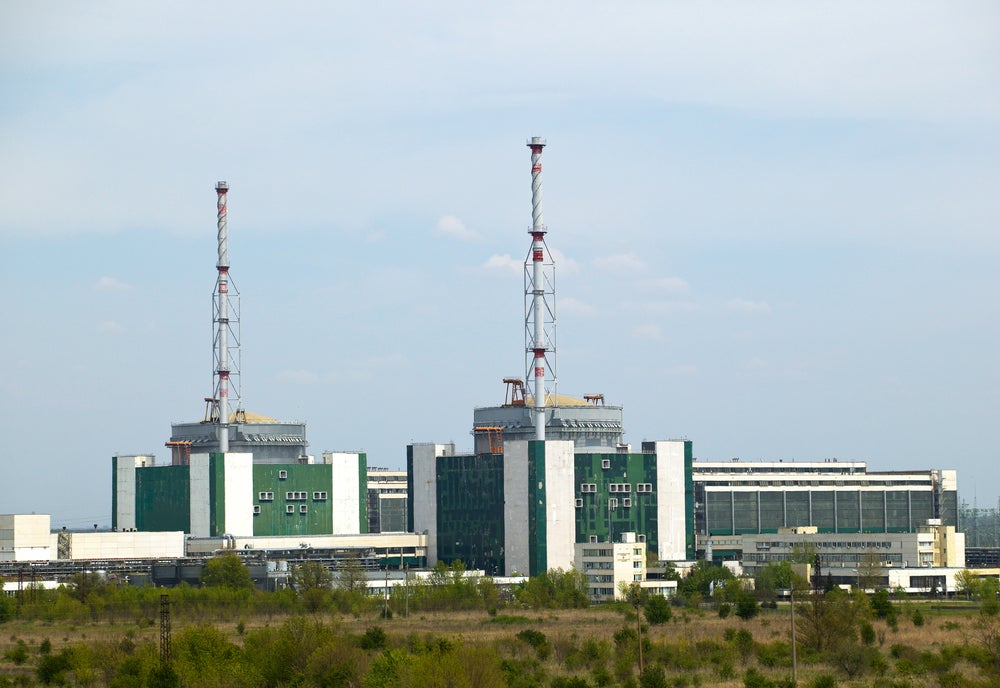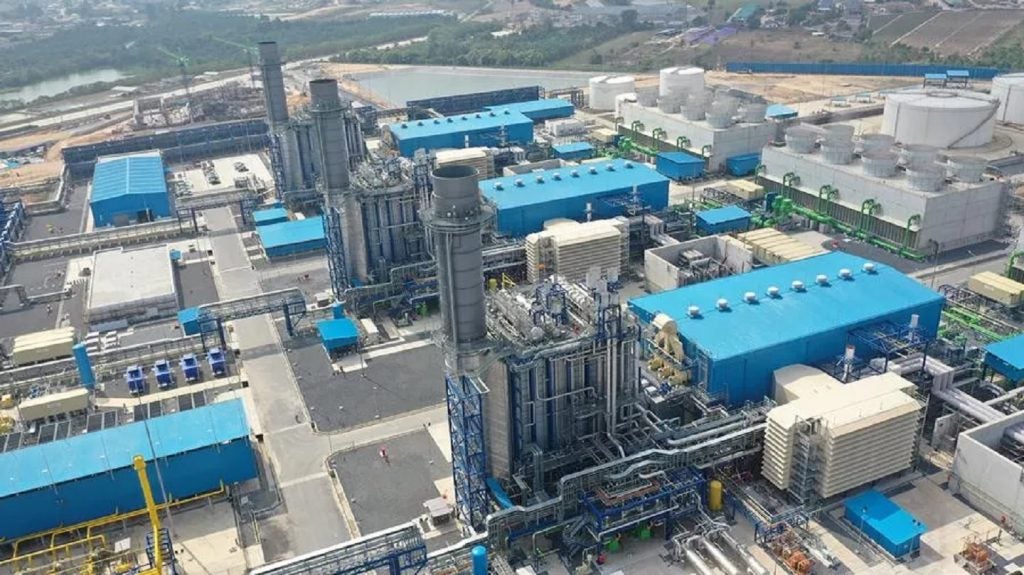
Researchers at Chalmers University of Sweden have demonstrated a new approach to gasification technology which would enable existing power facilities to incorporate biomass gasifiers.
The team’s main findings relate to the use of biomass ash constituents to catalyse the process of biomass gasification, as well as the application of coated heat exchangers to retrofit fluidised bed boilers into biomass gasifiers.
While biomass gasification is not a new concept, the method has been hindered in the past by problems encountered when the biomass releases tar which interferes with the process.
Now, the Chalmers team has demonstrated that the syngas produced – a hydrogen, carbon monoxide, carbon dioxide blend – could be used to make a biogas end-product. And further, that they can improve the quality of that biogas through tar management, presenting a viable bio-fuel replacement for natural gas in existing applications, such as in power plants.
This, combined with their development of heat-exchange materials provides novel possibilities for converting fluidised bed boilers in to biomass gasifiers.
How well do you really know your competitors?
Access the most comprehensive Company Profiles on the market, powered by GlobalData. Save hours of research. Gain competitive edge.

Thank you!
Your download email will arrive shortly
Not ready to buy yet? Download a free sample
We are confident about the unique quality of our Company Profiles. However, we want you to make the most beneficial decision for your business, so we offer a free sample that you can download by submitting the below form
By GlobalDataPower and district heating plants, as well as paper and pulp mills, sawmills, oil refineries and petrochemical plants are all viable options for conversion to biomass gasification.
“What makes this technology so attractive to several industries is that it will be possible to modify existing boilers, which can then supplement heat and power production with the production of fossil-free fuels and chemicals,” said Chalmers associate professor in energy technology Martin Seemann.
The gasification technology could be used to create renewable hydrocarbons to replace oil in the production of fuels, chemical and materials. It could also produce electro fuels – synthetic vehicle fuels produced using the carbon dioxide captured from biomass combustion, electricity and water.
The research, which has been conducted over a ten-year period, adds to a growing trend of developing new technologies that adapt industrial plants to produce fossil-free heat, electricity, fuel, chemicals and materials.
“The potential is huge. Using only the already existing Swedish energy plants, we could produce renewable fuels equivalent to 10% of the world’s aviation fuel, if such a conversion were fully implemented,” said Chalmers professor of energy technology Henrik Thunman.
“We rebuilt our own research boiler in this way in 2007 and now we have more than 200 man-years of research to back us up,
“Combined with industrial-scale lessons learned at the GoBiGas [Gothenburg Biomass Gasification] demonstration project, launched in 2014, it is now possible for us to say that the technology is ready for the world.”
More than 100 Swedish plants contain a fluidised bed boiler. If all of these plants were modified they would be able to produce 346TWh of biogas per year, which is equal to around 1% of global natural gas consumption in 2013.
Alternatively, the modified plants could produce 278TWh of aviation fuel each year, which is equal to around 10% of global aviation fuel consumption in 2014.
A paper published in Energy, Science & Engineering in February detailed the team’s findings from a wood-based biomethane production plant and the 2MW-4MW research gasifier at the university, which led to their proposed commercialisation of the technology.








